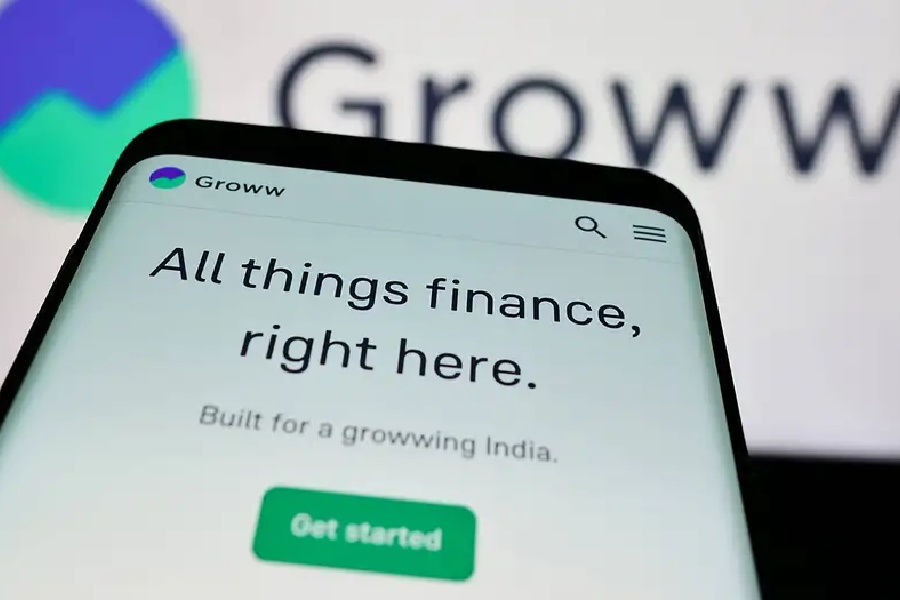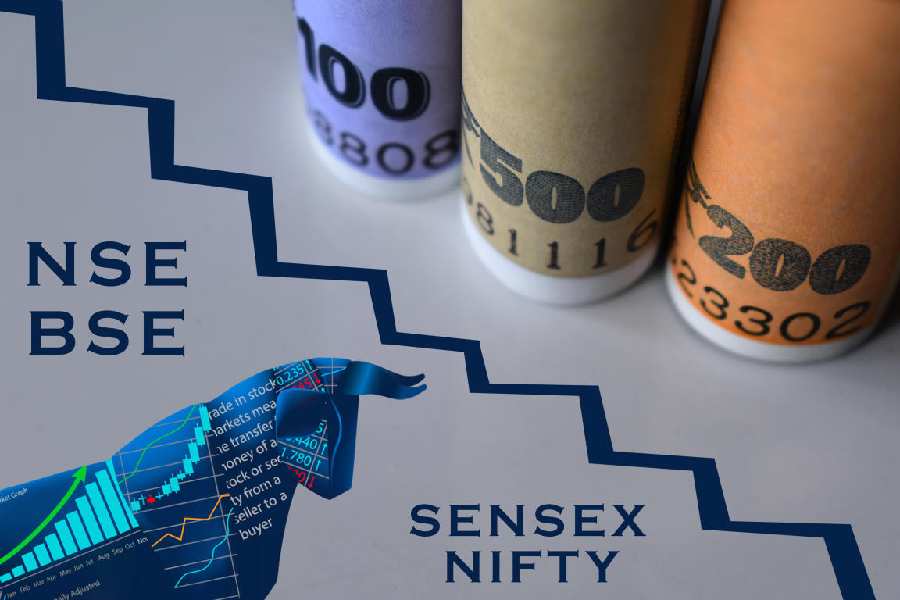It was the FOMO, or Fear of Missing Out, that got Kanishk K. to start investing in the stock market.
He told DW that as India battled the second wave of the COVID lockdown in 2021, he started noticing ads on Instagram featuring social media influencers giving money-making tips.
"I didn't want to miss out on this — the way people were making money. That, I would say, is the first thing that got me into the market," Kanishk said.
He explained how, after initially investing in mutual funds, he gradually moved to trading on the stock market.
Like a lot of amateur investors, he had no clue about the fundamentals of investing, but kept up with the market trends, "especially on Reddit," the US-based social media platform, he said.
And in the beginning, "everything was doing great."
Stock market euphoria during COVID
Saloni Puj and Ishan Shah shared similar stories to Kanishk's.
Both Puj, a media professional from Kolkata, the capital of West Bengal state, and Shah, who runs a cultural center that teaches art and music in the western city of Ahmedabad, also started trading in the stock market sometime around the pandemic lockdown.
"The market was doing so well it felt anyone who was making any money was making it in the markets," Shah said, who added that he bought random stocks, sometimes based on the recommendations of others. "Weirdly, whatever I did, I kept making money."
Puj took a more guarded approach.
"I knew that the market [was] in a euphoria stage, I was very aware of the bubble that was happening," she said.
Then came September 2024 — and all three were hit hard when the euphoria bubble burst. After months of rallying, the market eventually corrected, followed by a monthslong slump.
Young retail investors enter market
For most Indians who started trading on the stock markets, the rally after the pandemic slump was a great time. It reflected the $275 billion (€250 billion) economic stimulus package Indian Prime Minister Narendra Modi's government had injected in 2020.
During the lockdown, a lot of people had more time and disposable income, and many were influenced by the idea of making some quick and easy money.
"During COVID, people had surplus cash, and a large number of young investors entered the capital markets as retail investors," said Sagun Agrawal, a derivatives trader in the Indian capital markets and a financial literacy advocate for women. "This was positive for the markets as it boosted liquidity and created investable funds for capital formation."
Online trading has become more popular thanks to new companies offering low brokerage fees and easy access to credit. One such option is Margin Trading Facility (MTF), which lets traders buy shares by paying only part of the cost upfront. The brokerage covers the rest as a loan, with interest.











